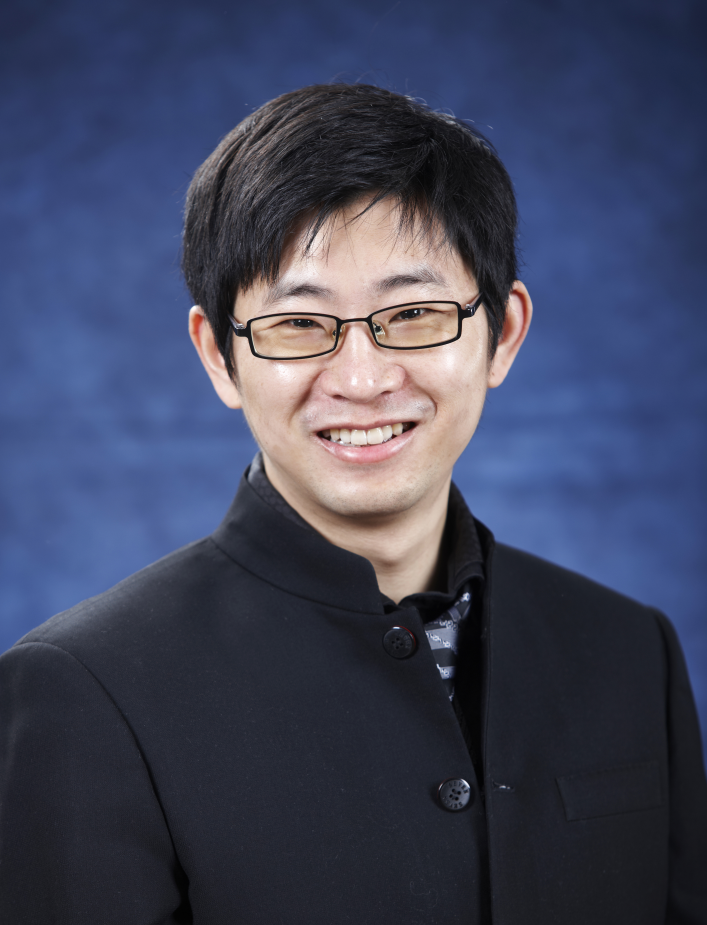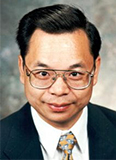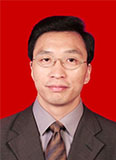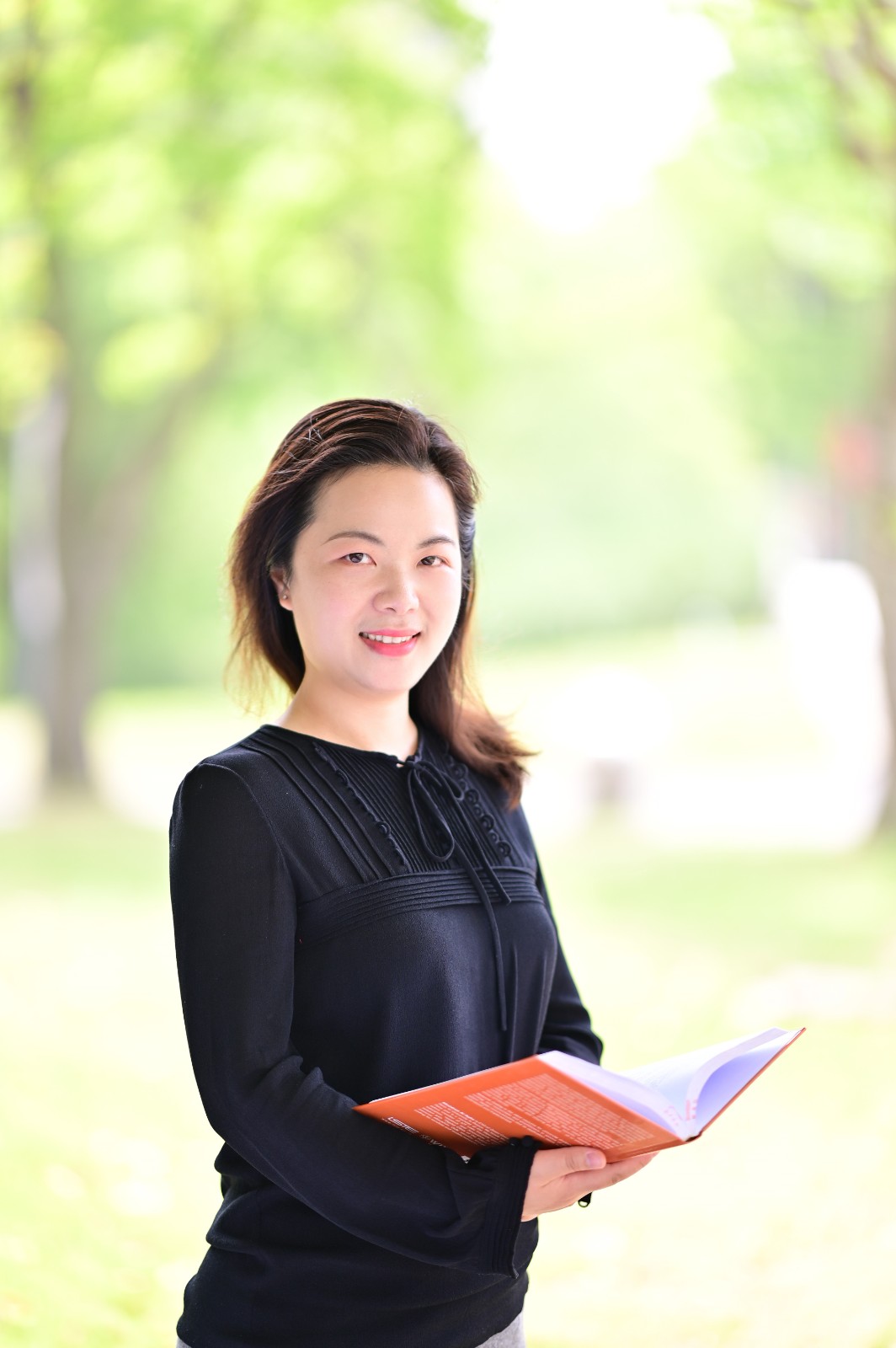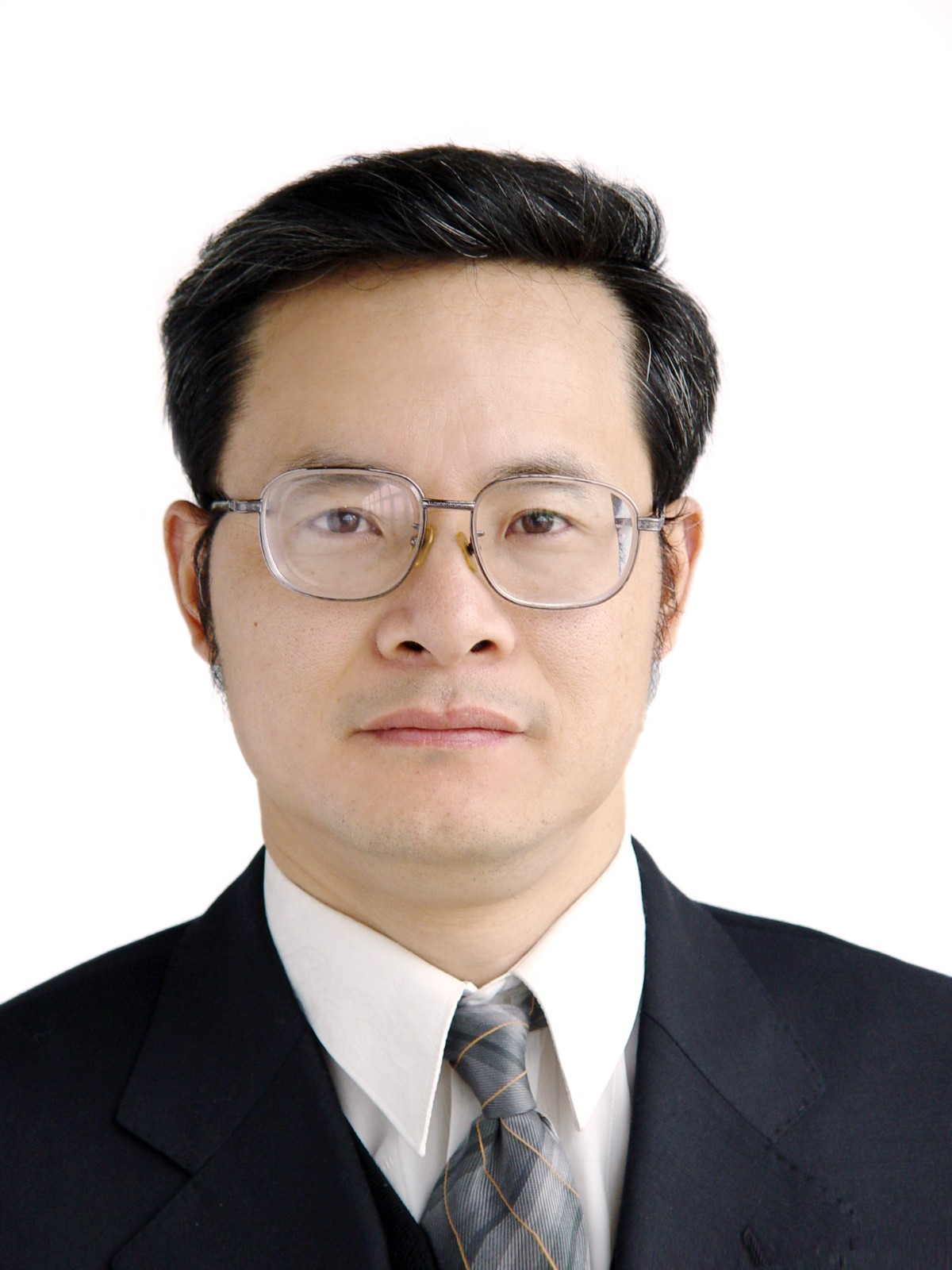
Keynote Speakers
| Prof. Min Chen IEEE Fellow, IET Fellow, South China University of Technology, China Min Chen is a professor in School of Computer Science and Engineering at South China University of Technology. He was a full professor in School of Computer Science and Technology at Huazhong University of Science and Technology (HUST) since Feb. 2012. He is the director of Embedded and Pervasive Computing (EPIC) Lab at HUST. He was an assistant professor in School of Computer Science and Engineering at Seoul National University since 2009. He worked as a Post-Doctoral Fellow in Department of Electrical and Computer Engineering at University of British Columbia from 2006 to 2009. He is the founding Chair of IEEE Computer Society Special Technical Communities on Big Data. He was General Co-Chair for IEEE CIT-2012, Tridentcom 2014, Mobimedia 2015, Co-Chair of IEEE ICC 2012-Communications Theory Symposium, and Co-Chair of IEEE ICC 2013-Wireless Networks Symposium and Symposium Chair of IEEE Globecom 2022 eHealth, etc. He has 300+ publications, including IEEE JSAC, IEEE TNNLS, AAAI, Advanced Materials、Science, Nature Communications, etc. He has published 12 books, including Big Data Analytics for Cloud/IoT and Cognitive Computing (2017) with Wiley. His Google Scholar Citations reached 41,000+ with an h-index of 96. His top paper was cited 4,300+ times. He was selected as ESI Highly Cited Researcher from 2018 to 2022. He got IEEE ICC Best Paper Award in 2012, IEEE Communications Society Fred W. Ellersick Prize in 2017, the IEEE Jack Neubauer Memorial Award in 2019, and IEEE ComSoc APB Oustanding Paper Award in 2022. His research focuses on cognitive computing, 5G Networks, wearable computing, big data analytics, robotics, fabric computing, deep learning, emotion detection, and mobile edge computing, etc. He is an IEEE Fellow and IET Fellow. Title: Digital Intelligent World Empowered by 6G Fabric Smart Space Abstract: In future network, the provisioning of ultra-low latency, non-intrusive and immersive service experience creates various challenges, among which continuously obtaining multi-modal information without disturbing user is critical. This talk introduces the development of various functional fabrics, based on which large-scale non-disturbance sensory data can support a data-information-knowledge-intelligence model in the digital intelligent world. This talk also introduces various application examples for human activity capturing and healthcare in 6G fabric smart space. |
| Prof. Simon X. Yang University of Guelph, Canada Prof. Simon X. Yang received the B.Sc. degree in engineering physics from Beijing University, China in 1987, the first of two M.Sc. degrees in biophysics from Chinese Academy of Sciences, Beijing, China in 1990, the second M.Sc. degree in electrical engineering from the University of Houston, USAin 1996, and the Ph.D. degree in electrical and computer engineering from the University of Alberta, Edmonton, Canada in 1999. Prof. Yang joined the School of Engineering at the University of Guelph, Canada in 1999. Currently he is a Professor and the Head of the Advanced Robotics & Intelligent Systems (ARIS) Laboratory at the University of Guelph in Canada. Prof. Yang has diversified research expertise. His research interests include intelligent systems, robotics, control systems, sensors and multi-sesor fusion, wireless sensor networks, intelligent communications, intelligent transportation, machine learning, and computational neuroscience. Prof. Yang he has been very active in professional activities. Prof. Yang serves as the Editor-in-Chief of International Journal of Robotics and Automation, and Intelligence & Robotics; and an Associate Editor of IEEE Transactions on Cybernetics, IEEE Transactions on Artificial Intelligence, and several other journals. He has involved in the organization of many international conferences. Title: Bio-inspired Intelligent Real-time Motion Planning and Control of Multiple Autonomous Underwater Vehicles Abstract: Research on biologically inspired intelligence has made significant progress in both understanding the biological systems and developing bionic robotic applications to the information processing, motion planning, and control for various robotic systems. Intelligent autonomous underwater vehicles (AUVs) have many important applications such as security surveillance, environmental monitoring and exploration in rivers, lakes, and seas, particularly in unstructured, hazardous and complex environments. In this talk, I will start with a very brief introduction to some biologically inspired intelligent computational elements, and their applications to biological and bionic systems. Then, I will focus on our current research on bio-inspired intelligent real-time motion planning and control of autonomous underwater vehicles. First, a bio-inspired neural network is developed for real-time AUV path planning with the effect of dynamic currents and unpredictable obstacles by integrating a velocity synthesis algorithm. Then the bio-inspired neural network is extended to dynamic task assignment and path planning in a multi-AUV system, where optimal results are obtained through a priority list derived by path distances deducted based on the neural network. After that, efficient and robust trajectory tracking control of AUV without actuator saturation is developed based on fuzzy logic considering the environmental noise. Finally, consensus formation tracking control of multi-AUV systems is developed using distributed bioinspired sliding mode control, with guaranteed Lyapunov stability and smooth torque inputs. Extensive simulation experiments have verified the effectiveness and efficiency of the developed intelligent methods in applications to specific AUV systems with comparisons to existing mainstream methodologies. |
| Prof. Gexiang Zhang IET Fellow, IEEE Senior Member, Foreign Member of Russian Academy of Natural Sciences, Chengdu University of Information Technology, China Prof. Zhang received his Ph.D. degree in 2005 from Southwest Jiaotong University, Chengdu, China. Now he is a full professor and the Dean of School of Automation, Chengdu University of Information Technology, Chengdu, China. He was a visiting professor in Department of Computer Science, The University of Sheffield, UK, a senior visiting professor at the Department of Computer Science and Artificial Intelligence, Universidad de Sevilla, Spain, and a visiting professor in Department of Chemistry, New York University, USA. He is the President of International Membrane Computing Society (IMCS), an editorial board member of Axioms and International Journal of Parallel, Emergent and Distributed Systems. He is the co-winner of Grigore Moisil Prize of the Romanian Academy in 2019. He is listed in World’s Top 2% Scientists and in Highly Cited Chinese Researchers by Elsevier. Research areas include artificial intelligence, Intelligent robots, smart grid and intelligent control. He is the author/co-author of more than 200 publications, three monographs, and (lead) guest editor/co-editor of more than 10 volumes/proceedings. Title: Spiking Neural P Systems: a Branch of the Third Generation of Neural Networks Abstract: Artificial neural networks (ANN) can be regarded as the engine of artificial intelligence (AI), which is always leading the development with disruptive innovation. ANN has undergone three generations with different computational units. The first generation is characterized by only giving digital outputs like Hopfield nets. The second generation is able to compute functions with analog input and output such as BP network. The third generation encodes analog variables by time differences between pulses. Except for spiking neural networks, spiking neural P systems are also important branch of the third generation of ANN. This talk emphasizes the standard definition, the computing process, information encoding, theoretical results with respect to Turing completeness, application results and simulation implementation. |
| Prof. Hao Zhang Tongji University, China Professor Zhang graduated from Huazhong University of Science and Technology with PhD in Control Theory and Control Engineering in 2007. In September 2007, she taught at the Department of Control Science and Engineering in the College of Electronic and Information Engineering, Tongji University. In 2010, she was awarded associate professor and supervisor for master students. From December 2011 to December 2013, she worked as a "Xiang Jiang Scholar" to do the postdoctoral research in the Department of Mechanical and Biological Engineering in the City University of Hong Kong, whose collaborator is the IEEE Fellow Professor Gary Feng. Her research interests include the Autonomous systems, multi-agent systems, data based optimization and control, safety and security, multi-robot systems and so on. She has published over 100 papers, and over 90 papers are published on Automatica and IEEE transaction magazine, 13 authorized invention patents. She won eight provincial and ministerial awards, including one First Prize of Shanghai Natural Award, two First Prize of Shanghai Science and TechnologyProgress, and one Second Prize of Ministry of Education Natural Award. Title: Multi-agent Formation Navigation in a Feasible Space-constrained Environment Abstract: In recent years, the rapid development of sensor and communication technology enables the application of multi-agent coordination in complex environments, such as geographical exploration, search and rescue , cooperative reconnaissance and monitoring. Under this trend, multi-agents systems are more likely to work in cluttered environments, where safety constraints like obstacles and inter-agent collision avoidance can not be ignored. We will explore in this talk on how to systematically integrates collision-free navigation into multi-agent formation. |
| Prof. Hua Zhang Southwest University of Science and Technology, China Zhang Hua, Professor, doctoral supervisor, PhD in Control Theory and Control Engineering, Postdoctoral fellow of Texas A&M University (TAMU), Executive Deputy Director of Sichuan Provincial Key Laboratory of Special Environment Robotics, Deputy Dean of School of Information Engineering, Southwest University of Science and Technology, Executive Deputy Director of Clean Energy Development and System Security Technology Research Center, Sichuan Energy Internet Research Institute, Tsinghua University. Research fields: Robotics and its applications, Intelligent control, Pattern recognition and intelligent systems, Internet of Things technology and its applications. Title: Recent Advances of Key Techniques and Applications in Robotics under Nuclear Radiation Environments Abstract: In recent years, the engineering demands on nuclear emergence response, radiation environment monitoring, nuclear facility decommission, and nuclear waste disposal are increasing. These novel applications bring a number of new challenges on remote operation in robotics. This talk gives a brief survey on the current status and research trends regarding the key techniques for nuclear robots, including anti-radiation mechanism, image augmentation, radiation source localization, and fault tolerant control. Particularly, this talk will introduce several typical application examples using robotics techniques in nuclear environments, which are mainly conducted at the Robot Technology Used for Special Environment Key Laboratory of Sichuan Province. |
